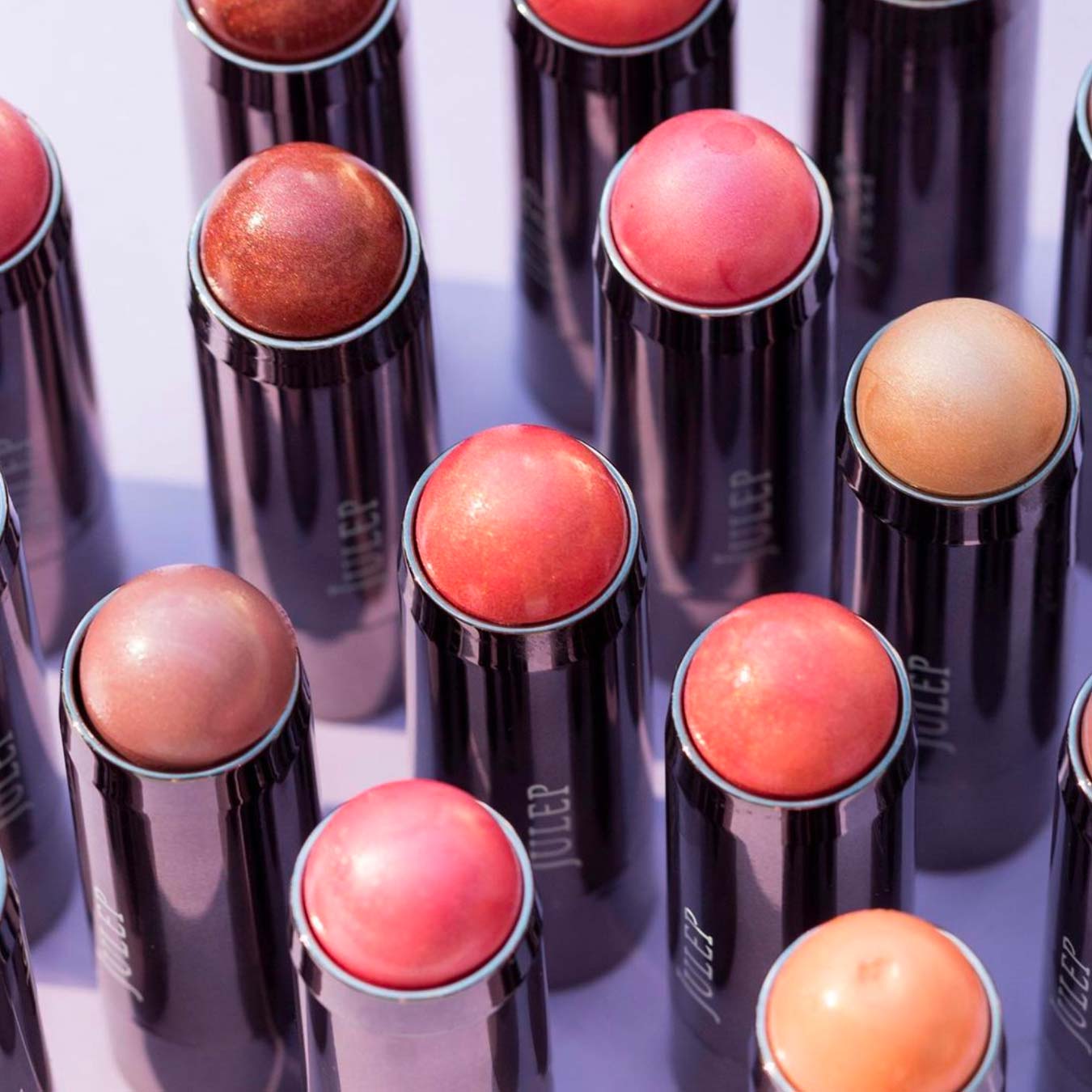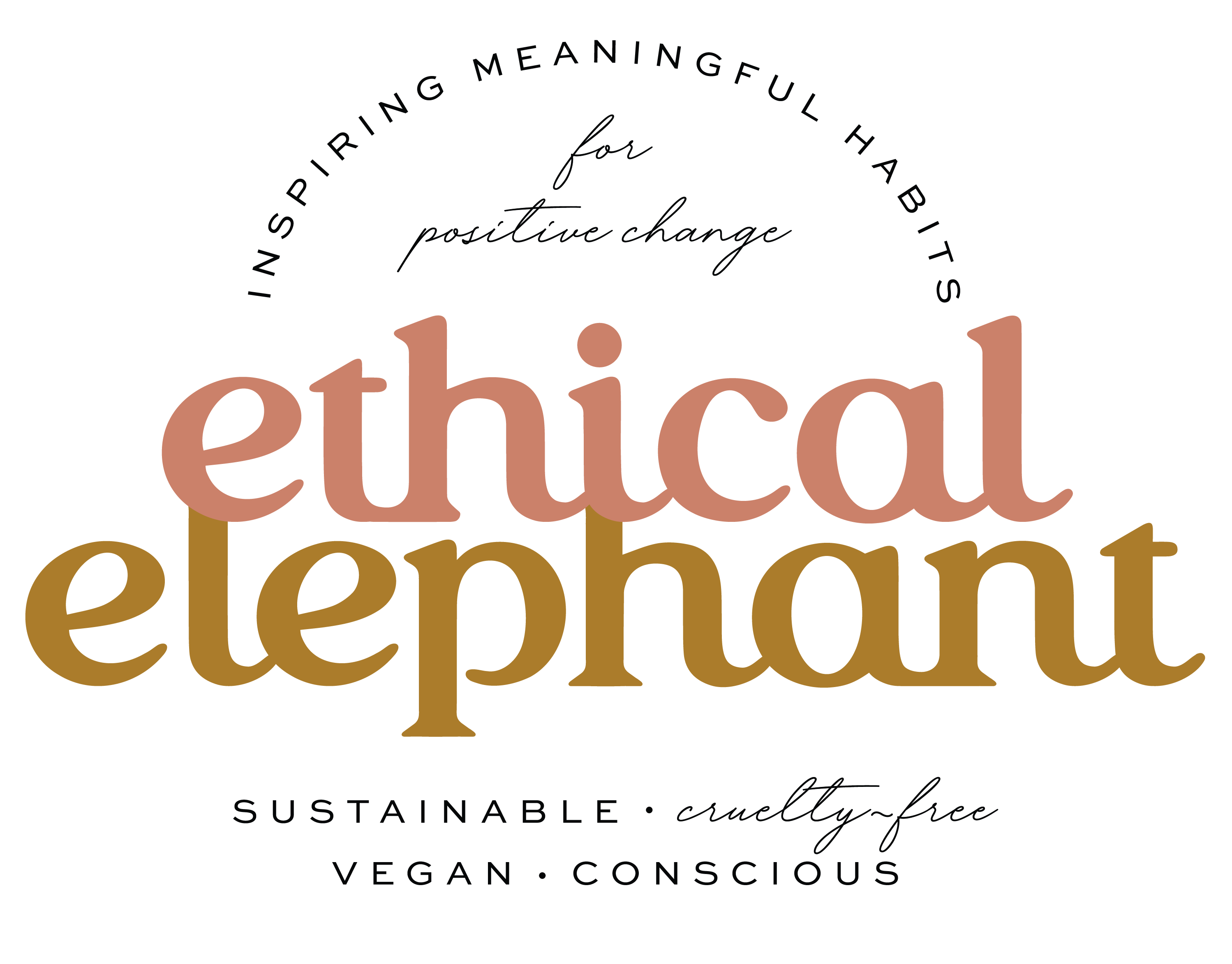This post may contain affiliate links that at no additional cost to you, I may earn a small commission.
Julep is Cruelty-Free
Julep has confirmed they do not test their products or ingredients on animals or ask others to test on their behalf. Their suppliers also do not test on animals, nor do they allow their products to be tested on animals when required by law. And finally, their products are not sold in stores in mainland China or any other country that may require animal testing.
By our standards, we would consider Julep to be Cruelty-Free.
What About China’s Animal Testing Laws?
As of May 1, 2021, some imported ordinary cosmetics can be exempt from animal testing under certain conditions. However, for the most part, animal testing is still legally required for most imported cosmetics in 2022.
But Julep has confirmed they do not sell their products in retail stores in mainland China; therefore, they are not required to test on animals.
“We do not sell to mainland China where it is required to test products on animals.“
Cruelty-Free Policies
Note that there is no legal definition for the label ‘Cruelty-Free.’ It can mean different things to different people. But Cruelty-Free is generally used to imply no animal testing. More specifically, the ingredients, formulation, or finished product are not tested on animals at any stage of product development.
At ethical elephant, we always assess a company’s cruelty-free policy using our Cruelty-Free Checklist. This ensures no animal testing was performed by the brand itself, its suppliers, and by any third parties.
Also, note that Cruelty-Free and Vegan don’t always mean the same thing.
Julep is Not 100% Vegan
‘Vegan’ in cosmetics can refer to an entire brand that is 100% Vegan or a specific product is vegan.
In the case of Julep, not all of their products are vegan. But they have some products that are suitable for vegans.
How to know which of Julep products are vegan?
Julep states on their website,
“Is Julep vegan?
Julep is vegan-friendly and does not use animal-derived ingredients.”
But note that not all of Julep’s products are vegan. When I emailed to ask them if they were 100% vegan, they responded and stated,
“Many of our products are vegan and are listed as such on the individual product page. Those that are not listed as vegan have ingredients derived from animals such as Carmines for red coloring, for example.”
I also spotted beeswax and honey in some of their products. And as far as I can tell, only some of their nail polish says “vegan-friendly” in their ingredients product page.
So it’s best to email and ask Julep if a specific product and shade is vegan-friendly as their vegan products don’t seem to be clearly marked on their website except for their nail polish.
Vegan Policies
Similar to ‘Cruelty-Free,’ there is no standard or legal definition for the label ‘Vegan.’ But it usually means no animal-derived ingredients or animal by-products.
Some common animal products used in cosmetics include carmine, lanolin, snail mucus, beeswax, honey, pearl or silk-derived ingredients, animal-based glycerin, keratin, and squalene.
There are plant-based and synthetic alternatives to animal-derived ingredients. But it’s sometimes difficult to know with certainty whether a product is vegan just by reading the ingredient list.
So it’s best to ask the company and manufacturers to ensure the ingredients they’ve chosen to use were from non-animal sources.
Where are Julep’s products manufactured?
“We choose our factories and production facilities based on the best possible output for the customer. We make our products in Italy, Germany, all over the world, including China. The products are all of the highest quality and are regulated under the highest US law as that is where they are sold and distributed. You should have no concern about using any of our items – our eyeliners made in Germany, our Baked highlighters or foundation made in Italy, or our eye shadow palettes made in China.“
Ethical Mica Mining Policy
Mica is a mineral that’s used in cosmetics to add a shimmery effect. But the mining of natural mica has been linked to child labor and human rights violations.
Unless a company discloses its mica mining policy, we have no way of knowing whether its mica is ethically sourced without child or forced labor.
So I asked Julep if their mica is ethically sourced without the use of child labor and they responded by stating,
“Our Mica is ethically sourced. We choose our factories and production facilities based on the best possible output for the customer. The supplier of the Mica to our manufacturer asserts this claim( no child labor), attesting that the conditions in which the mineral is sourced and the labor involved (not children or compromised individuals) are not working in situation of duress, or being forced.”







